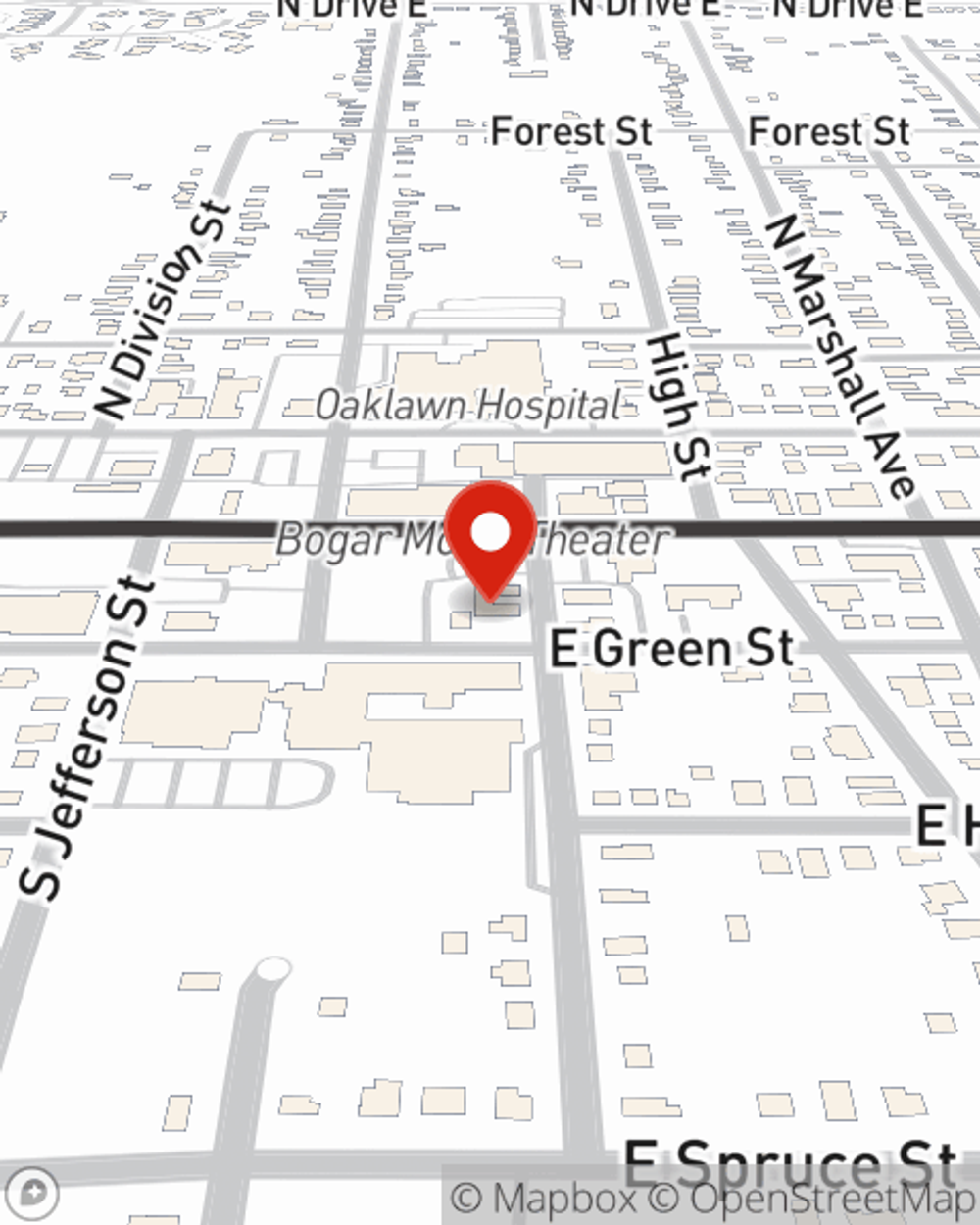Condo Insurance in and around Marshall
Welcome, condo unitowners of Marshall
Condo insurance that helps you check all the boxes

Calling All Condo Unitowners!
As with anything in life, it is a good idea to expect the unexpected and try to prepare accordingly. When owning a condo, the unexpected could look like damage to your unit and personal property inside from theft vandalism, lightning, and other causes. It's good to be aware of these possibilities, but you don't have to fret over them with State Farm's great coverage.
Welcome, condo unitowners of Marshall
Condo insurance that helps you check all the boxes

Agent Chad Heeter, At Your Service
Despite the possibility of the unanticipated, the future looks bright when you have the excellent coverage that Condo Unitowners Insurance with State Farm provides. More than just protection for your condominium and personal property inside, you'll also want to check out bundling options for replacement costs, and more! Agent Chad Heeter can help you create a policy based on your needs.
Fantastic coverage like this is why Marshall condo unitowners choose State Farm insurance. State Farm Agent Chad Heeter can help offer options for the level of coverage you have in mind. If troubles like wind and hail damage, identity theft or drain backups find you, Agent Chad Heeter can be there to assist you in submitting your claim.
Have More Questions About Condo Unitowners Insurance?
Call Chad at (269) 781-4256 or visit our FAQ page.
Simple Insights®
Portable moving pods: A new approach to moving

Portable moving pods: A new approach to moving
Portable moving pods can offer new advantages for the moving process. Decide what’s easiest and cheapest for you.
How to deal with noisy neighbors or issues

How to deal with noisy neighbors or issues
From noisy neighbors and arguments over property lines to adventurous pets, there are ways to successfully resolve disputes between neighbors.
Chad Heeter
State Farm® Insurance AgentSimple Insights®
Portable moving pods: A new approach to moving

Portable moving pods: A new approach to moving
Portable moving pods can offer new advantages for the moving process. Decide what’s easiest and cheapest for you.
How to deal with noisy neighbors or issues

How to deal with noisy neighbors or issues
From noisy neighbors and arguments over property lines to adventurous pets, there are ways to successfully resolve disputes between neighbors.
